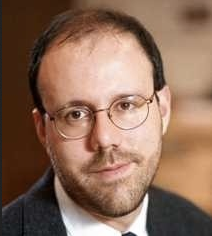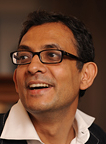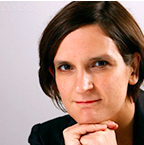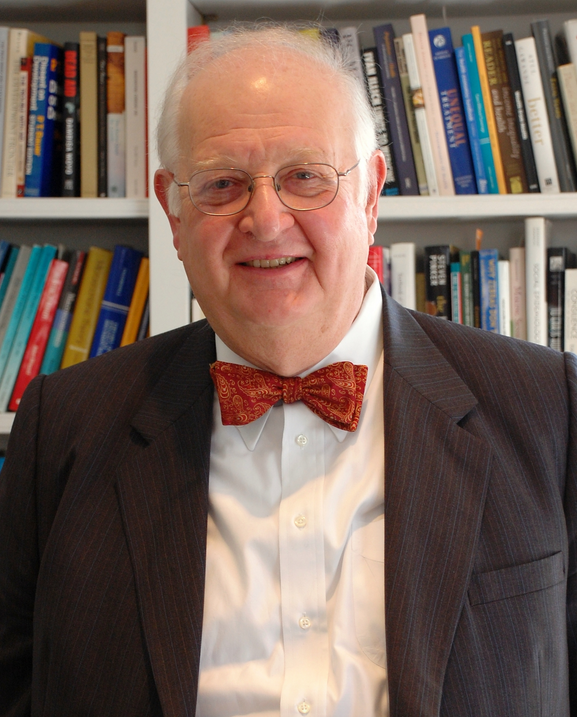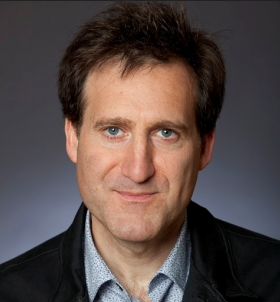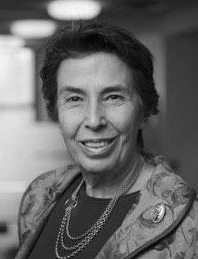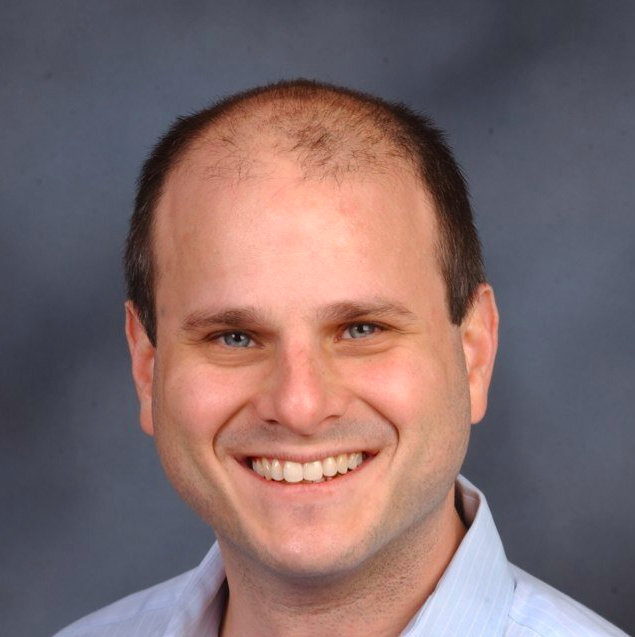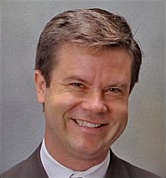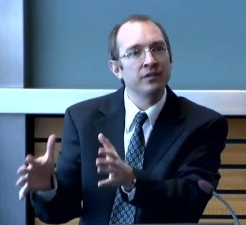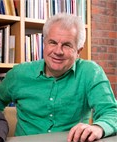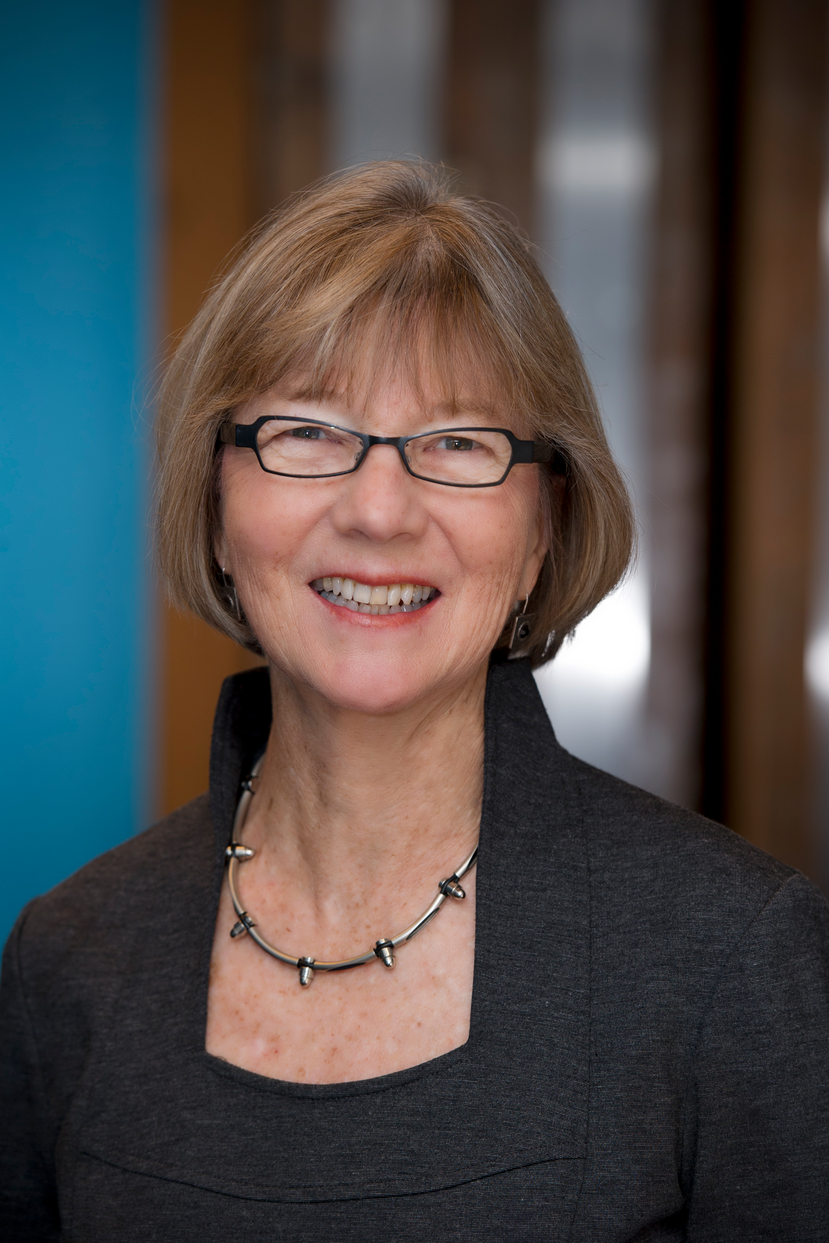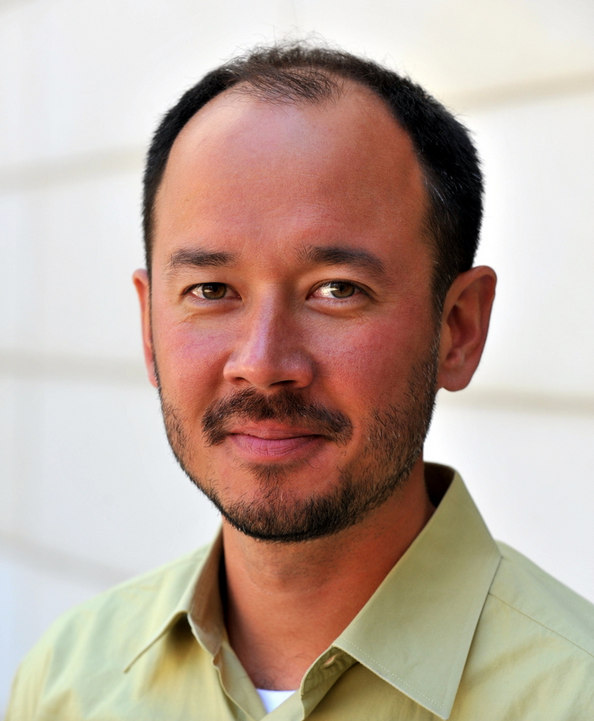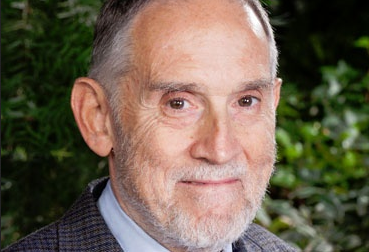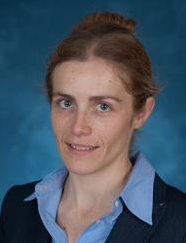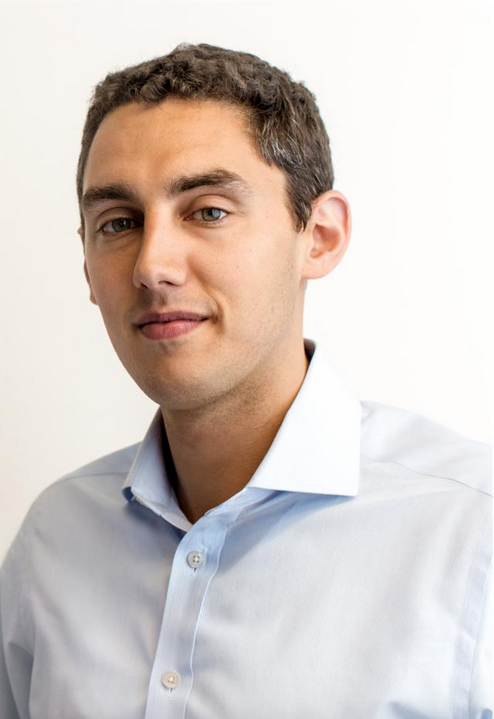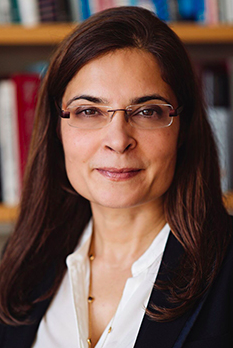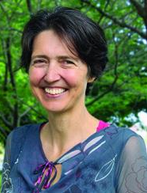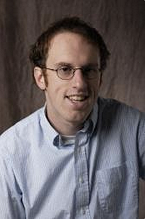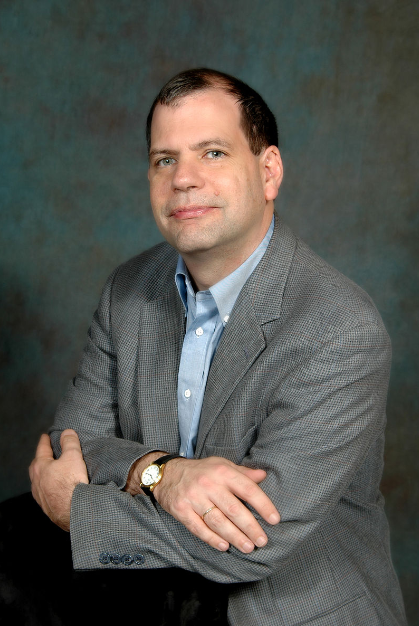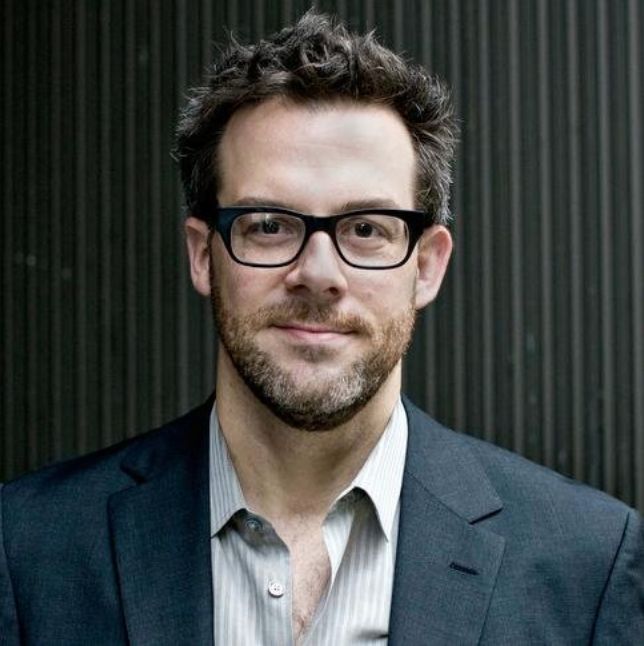Contributor Biographies
Michael Kremer:
Michael Kremer is the Gates Professor of Developing Societies in the Department of Economics at Harvard University. He is a Fellow of the American Academy of Arts and Sciences, a recipient of a MacArthur Fellowship and a Presidential Faculty Fellowship, and was named a Young Global Leader by the World Economic Forum. Kremer’s recent research examines education, health, water, and agriculture in developing countries. He has been named as one of Scientific American’s 50 researchers of the year, and has won awards for his work on health economics, agricultural economics, and on Latin America. He helped develop the advance market commitment (AMC) for vaccines to stimulate private investment in vaccine research and the distribution of vaccines for diseases in the developing world. In the fall of 2010 he became the founding Scientific Director of Development Innovation Ventures (DIV) at USAID. Dr. Kremer received his PhD in Economics from Harvard University. He is a member of the board of Precision Agriculture for Development.
Abhijit Vinayak Banerjee:
Abhijit Vinayak Banerjee was educated at the University of Calcutta, Jawaharlal Nehru University and Harvard University, where he received his Ph.D in 1988. He is currently the Ford Foundation International Professor of Economics at the Massachusetts Institute of Technology. In 2003 he founded the Abdul Latif Jameel Poverty Action Lab (J-PAL), along with Esther Duflo and Sendhil Mullainathan and remains one of the directors of the lab. In 2009 J-PAL won the BBVA Foundation "Frontier of Knowledge" award in the development cooperation category. Banerjee is a past president of the Bureau for the Research in the Economic Analysis of Development, a Research Associate of the NBER, a CEPR research fellow, International Research Fellow of the Kiel Institute, a fellow of the American Academy of Arts and Sciences and the Econometric Society and has been a Guggenheim Fellow and an Alfred P. Sloan Fellow. He received the Infosys Prize 2009 in Social Sciences and Economics. In 2011, he was named one of Foreign Policy magazine's top 100 global thinkers. His areas of research are development economics and economic theory. He is the author of a large number of articles and three books, including Poor Economics (www.pooreconomics.com) which won the Goldman Sachs Business Book of the Year. He is the editor of a fourth book, and finished his first documentary film, "The Name of the Disease" in 2006. Most recently, Banerjee served on the U.N. Secretary-General’s High-level Panel of Eminent Persons on the Post-2015 Development Agenda.
Esther Duflo:
Esther Duflo is the Abdul Latif Jameel Professor of Poverty Alleviation and Development Economics in the Department of Economics at the Massachusetts Institute of Technology and a co-founder and co-director of the Abdul Latif Jameel Poverty Action Lab (J-PAL). In her research, she seeks to understand the economic lives of the poor, with the aim to help design and evaluate social policies. She has worked on health, education, financial inclusion, environment and governance. Professor Esther Duflo’s first degrees were in history and economics from Ecole Normale Superieure, Paris. She subsequently received a Ph.D. in Economics from MIT in 1999.
Duflo has received numerous academic honors and prizes including the Princess of Asturias Award for Social Sciences (2015), the A.SK Social Science Award (2015), Infosys Prize (2014), the David N. Kershaw Award (2011), a John Bates Clark Medal (2010), and a MacArthur “Genius Grant” Fellowship (2009). With Abhijit Banerjee, she wrote Poor Economics: A Radical Rethinking of the Way to Fight Global Poverty, which won the Financial Times and Goldman Sachs Business Book of the Year Award in 2011 and has been translated into 17 languages. Duflo is a member of the President’s Global Development Council and she is a Founding Editor of the American Economic Journal: Applied Economics.
Angus Deaton:
I am a Senior Scholar and the Dwight D. Eisenhower Professor of Economics and International Affairs Emeritus at the Woodrow Wilson School of Public and International Affairs and the Economics Department at Princeton University. My main current research areas are in poverty, inequality, health, wellbeing, economic development, and randomized controlled trials. I hold both American and British citizenship. In Britain I taught at Cambridge University and the University of Bristol. I am a corresponding Fellow of the British Academy, an Honorary Fellow of the Royal Society of Edinburgh, a Fellow of the Econometric Society and, in 1978, was the first recipient of the Society's Frisch Medal. I was President of the American Economic Association in 2009. In 2012 I was awarded the BBVA Foundation Frontiers of Knowledge Award. In April 2014 I was elected a member of the American Philosophical Society. I was elected a member of the National Academy of Sciences on April 28, 2015. I am the recipient of the 2015 Sveriges Riksbank Prize in Economic Sciences in Memory of Alfred Nobel. In 2016, I was made a Knight Bachelor for my services to economics and international affairs.
My current research focuses on the determinants of health in rich and poor countries, as well as on the measurement of poverty and inequality in the US, India and around the world. I also maintain a long-standing interest in the analysis of household surveys. I am also interested in what randomized controlled trials can and cannot do. To view information about my research on India and world poverty, health, or household surveys, click each corresponding link. To view my working papers and publications and my letters published every six months in the Royal Economic Society Newsletter, click each corresponding link.
Jonathan Morduch:
Jonathan Morduch is Professor of Public Policy and Economics at the Wagner Graduate School of Public Service at New York University. His research focuses on poverty and finance. Morduch is the author with Rachel Schneider of The Financial Diaries: How American Families Cope in a World of Uncertainty (Princeton 2017), and co-author of Portfolios of the Poor: How the World’s Poor Live on $2 a Day (Princeton 2009); The Economics of Microfinance (MIT Press 2010); and Economics (McGraw-Hill 2017, 2nd ed.), an introductory text. He is coeditor of Banking the World: Empirical Foundations of Financial Inclusion (MIT Press).
Morduch is a founder and Executive Director of the NYU Financial Access Initiative. He has taught on the Economics faculty at Harvard, and has held visiting positions at Stanford, Princeton, Hitotsubashi University and the University of Tokyo. Morduch received a BA from Brown and a Ph.D. in Economics from Harvard. He was awarded an honorary doctorate from the Free University of Brussels for his work on microfinance. In 2016-17, Morduch is the Roger W. Ferguson. Jr. and Annette L. Nazareth member at the Institute for Advanced Study in Princeton.
Judy Gueron:
Judy Gueron is an independent scholar in residence and president emerita at MDRC. Gueron joined MDRC as research director at its founding in 1974 and served as its president from 1986 through August 2004. At MDRC, Gueron directed many of the largest federal and state evaluations ever undertaken of interventions for low-income adults, young people, and families and was a pioneer in developing research methods that have made it possible to base social programs on rigorous evidence of effectiveness. As president, she also guided the organization’s expansion into such areas as support for the working poor, education reforms, child development, and community-based initiatives.
A widely published, nationally recognized expert on employment and training, poverty, and family assistance, Gueron is the author of From Welfare to Work (with Edward Pauly) and Fighting for Reliable Evidence (with Howard Rolston). She is past president of the Association for Public Policy Analysis and Management (APPAM), has served on several National Academy of Sciences committees and federal advisory panels, and has frequently testified before Congress. In 1988, Gueron was awarded the American Evaluation Association’s Myrdal Prize for Evaluation Practice in recognition of high-quality studies of employment issues. That same year, she became a member of the board of directors of Alcoa and is currently also on the board of directors of the National Bureau of Economic Research and the Society for Research on Educational Effectiveness. In 2004-2005, Gueron was a visiting scholar at the Russell Sage Foundation. In 2005, she received the inaugural Richard E. Neustadt Award from the John F. Kennedy School of Government at Harvard University. In 2008, she received APPAM’s Peter H. Rossi Award for Contributions to the Theory or Practice of Program Evaluation. Gueron received her BA summa cum laude from Radcliffe College in 1963 and her PhD in economics from Harvard University in 1971.
Dean Karlan:
Dean Karlan is Professor of Economics at Yale University and Founder of Innovations for Poverty Action (IPA). He received his Ph.D in Economics 2002 from the Massachusetts Institute of Technology, and prior to that completed an MBA and MPP from the University of Chicago. He is a recipient of the National Science Foundation CAREER Award, the Presidential Early Career Award for Scientists and Engineers (PECASE), and the Alfred P. Sloan Research Fellowship. Dean is also on the Executive Committee of the Board of Directors of the M.I.T. Abdul Latif Jameel Poverty Action Lab.
His research focuses on microeconomic issues of public policies and poverty. Much of his work uses behavioral economics insights and approaches to examine economic and policy issues relevant to developing countries, with particular attention to policies to increase income and financial wellbeing for those in extreme poverty. In the United States, he works on charitable giving, financial services for the under and unbanked, and behavioral health.
Alex Counts:
After spending several years in Bangladesh with Mohammed Yunus working with Grameen Bank, Alex Counts founded the Grameen Foundation to help other organizations learn from and replicate the Grameen Bank model around the world. In 2016, he became President and CEO of American India Foundation. Alex has served on the board of several other microfinance organizations and is Co-Chair of the Microfinance CEO Working Group. He is the author of Small Loans, Big Dreams: How Nobel Prize Winner Muhammad Yunus and Microfinance are Changing the World.
Xavi Giné:
Xavier Gine is a Lead Economist in the Finance and Private Sector Development Team of the Development Research Group. He is currently a BREAD affiliate and Associate Editor for the Journal of Development Economics. Since joining the World Bank as a Young Economist in 2002, his research has focused on access to financial services and rural financial markets. In recent papers he investigated the macroeconomic effects of a credit liberalization; the relationship between formal and informal sources of credit in rural credit markets; indigenous interlinked credit contracts in the fishing industry and the impact of microfinance services such as business training and financial literacy, microinsurance and microsavings. Prior to joining the Bank he was a postdoctoral fellow and lecturer at the Economic Growth Center at Yale University. He holds a B.A. in Economics from Universitat Pompeu Fabra in Spain, an M.A. and a Ph.D. in Economics from the University of Chicago.
Lant Pritchett:
Lant Pritchett is Professor of the Practice of International Development at the Kennedy School of Government at Harvard University (as of July 1, 2007). In addition he is a Senior Fellow of the Center for Global Development. He was co-editor of the Journal of Development Economics and worked as a consultant to Google.org. He graduated from Brigham Young University in 1983 with a B.S. in Economics and in 1988 from MIT with a PhD in Economics.
After finishing at MIT Lant joined the World Bank, where he held a number of positions in the Bank's research complex between 1988 and 1998, including as an adviser to Lawrence Summers when he was Vice President from 1991-1993. From 1998 to 2000 he worked in Indonesia. From 2000 to 2004 Lant was on leave from the World Bank as a Lecturer in Public Policy at the Kennedy School of Government at Harvard University. In 2004 he returned to the World Bank and moved to India where he worked until May 2007. Lant has been part of the team producing many World Bank reports, including: World Development Report 1994: Infrastructure for Development, Assessing Aid: What Works, What Doesn't and Why (1998), 'Better Health Systems for Indias Poor: Findings, Analysis, and Options (2003), World Development Report 2004: Making Services Work for the Poor, Economic Growth in the 1990s: Learning from a Decade of Reforms (2005).
In addition he has authored (alone or with one of his 22 co-authors) over 50 papers published in refereed journals, chapters in books, or as articles, at least some of which are sometimes cited. In addition to economics journals his work has appeared in specialized journals in demography, education, and health. In 2006 he published his first solo authored book, Let Their People Come, and in 2013 his second, The Rebirth of Education: Schooling Ain’t Learning.
Davie McKenzie:
DAVID MCKENZIE is a Lead Economist in the Development Research Group, Finance and Private Sector Development Unit. He received his B.Com.(Hons)/B.A. from the University of Auckland, New Zealand and his Ph.D. in Economics from Yale University. Prior to joining the World Bank, he spent four years as an assistant professor of Economics at Stanford University. His main research is on migration, enterprise development, and methodology for use with developing country data. He has published more than 100 articles in journals such as the Quarterly Journal of Economics, Science, Review of Economics and Statistics, Journal of the European Economic Association, Economic Journal, American Economic Journal: Applied Micro, Journal of Econometrics, and all leading development journals. He is currently on the editorial boards of the Journal of Development Economics, the World Bank Economic Review, and Migration Studies. He is also a co-founder and regular contributor to the Development Impact blog.
Nancy Birdsall:
Nancy Birdsall is a senior fellow and president emeritus of the Center for Global Development, having served as founding president for its first 15 years from 2001-2016. Her current research areas include the roles and financing of the multilateral development banks; climate finance; inequality and the middle class in developing countries; and the long-run effect of modern contraception on women's economic empowerment.
From 1993 to 1998, Birdsall served as executive vice president of the Inter-American Development Bank, the largest of the regional development banks, where she oversaw a $30 billion public and private loan portfolio. Before that she worked for 14 years in research, policy, and management positions at the World Bank, including as director of the Policy Research Department. Prior to launching the Center, she served for three years as senior associate and director of the Economic Reform Project at the Carnegie Endowment for International Peace where her work focused on globalization, inequality and the reform of the international financial institutions.
She is the author, co-author, or editor of more than a dozen books and many scholarly papers. Her most recent publications include Cash on Delivery: A New Approach to Foreign Aid and New Ideas on Development after the Financial Crisis, co-edited with Francis Fukuyama. Shorter pieces of her writing have appeared in dozens of US and Latin American newspapers and periodicals. Birdsall received her PhD in economics from Yale University and an MA from Johns Hopkins School of Advanced International Studies.
Dean Yang:
Dean Yang is a Professor in the Department of Economics and the Ford School of Public Policy at the University of Michigan. His current research is primarily on microfinance, international migration, and areas at the intersection of these topics. Other past and current topics of interest include health, disasters, international trade, and political economy. Methodologically, much of his work involves randomized controlled trials in field settings, while other work involves analysis of novel data sources. He is currently running survey work and field experiments on microlending in Malawi and on HIV/AIDS interventions in central Mozambique. His past and current field research locations include El Salvador, Guatemala, Indonesia, Malawi, Mozambique, and the Philippines, as well as migrant populations of Filipinos in Italy, Indians in Qatar, and Salvadorans and Kenyans in the U.S. He teaches courses in development economics and microeconomics at the undergraduate, master, and Ph.D. levels. A native of the Philippines, he received his undergraduate and Ph.D. degrees in economics from Harvard University.
Frank DeGiovanni:
Frank F. DeGiovanni is Director of the Financial Assets unit of the Ford Foundation. He leads the foundation’s worldwide efforts to build financial assets for disadvantaged people through grants and Program Related Investments (PRIs). His team makes grants through a set of focused initiatives on consumer financial services, savings, individual asset development, Social Security reform, and rural livelihood development. Previously, he was Deputy Director of Program Related Investments at the Ford Foundation, where he was responsible for creating and monitoring a diverse loan portfolio of organizations promoting community and economic development in the United States and internationally. Before joining the Ford Foundation in 1992, DeGiovanni was associate professor and senior research associate at the New School for Social Research in New York City. DeGiovanni has a Ph.D. and M.R.P. in city and regional planning from the University of North Carolina, Chapel Hill.
Pascaline Dupas:
Pascaline Dupas’ is Associate Professor, Department of Economics, Stanford University and Senior Fellow, Stanford Institute for Economic Policy Research. Her research aims to understand the barriers that households and governments face in accumulating or fostering accumulation of health and education, and how these barriers can be overcome. She conducts extensive fieldwork — field experiments embedded in longitudinal data collection efforts, which are used to perform empirical tests of microeconomic theory and to quantify the effects of potential policies. Health is the primary focus of Dupas’ research to date. Her work covers the role of information and education in health behavior, and the role of subsidies in increasing adoption of health technologies.
Elie Hassenfeld:
Elie Hassenfeld graduated from Columbia University in 2004 with a degree in Religion, and spent the next several years in the hedge fund industry. He co-founded GiveWell in 2007 and continues as co-executive director of GiveWell. He is Managing Director of the Open Philanthropy Project. GiveWell is a nonprofit that performs extensive research on charitable programs seeking the best giving opportunities possible, publishing all the details of its analysis to help people decide where to give. GiveWell’s analysis relies heavily on RCTs proving the impact of interventions. Unlike most charity evaluators, GiveWell has recommended only a handful of charities since its founding in 2007.
Antoinette Schoar:
Antoinette Schoar is the Michael M. Koerner (49’) Professor of Entrepreneurial Finance at the MIT Sloan School of Management and the chair of the MIT Sloan finance department. She holds a PhD is in Economics from the University of Chicago and an undergraduate degree from the University of Cologne, Germany. She is an associate editor of the Journal of Finance and the co-chair of the NBER Entrepreneurship group. Her research interests span from entrepreneurship and financing of small businesses in emerging markets to household finance and intermediation in retail financial markets. She received several awards including the Brattle Prize for best paper in the Journal of Finance and the Kauffman Prize Medal for Distinguished Research in Entrepreneurship in 2009. She has published numerous papers in the Journal of Finance, Journal of Financial Economic, the Quarterly Journal of Economics and others. Her work has been featured in the Economist, the Financial Times, the New York Times and the Wall Street Journal. She also is the cofounder of ideas42 a non-profit organization that uses insights from behavioral economics and psychology to solve social problems.
Rachel Glennerster:
Rachel Glennerster is Executive Director of the Abdul Latif Jameel Poverty Action Lab (J-PAL) at the Massachusetts Institute of Technology. Her research includes randomized evaluations of education, health, microfinance, community driven development, agriculture, women's empowerment and governance in Sierra Leone, Bangladesh, Pakistan, and India. She serves as Scientific Director for J-PAL Africa and Co-Chair of J-PAL's Education Sector. She helped establish Deworm the World which now deworms over 150 million children a year. Previously she worked at Her Majesty's Treasury and the International Monetary Fund. She is coauthor of Strong Medicine: Creating Incentives for Pharmaceutical Research on Neglected Diseases, and Running Randomized Evaluations: A Practical Guide.
Jonathan Robinson:
Jonathan is Associate Professor in the Department of Economics at the University of California, Santa Cruz. Jonathan’s interest in field experiments as a method for answering difficult real world questions was kindled as an undergraduate at MIT taking a class taught by Esther Duflo. After moving on to Princeton for his Ph.D. work, he spent time as a research assistant in Kenya. Seeing how shocks—health, political violence, income, weather—affected families led him to focus his research on risk and risk management in poor households.
That focus has led him to places quite far from the typical economics field research—one of his studies examines how sex workers in Kenya dealt with a dramatic fall in their incomes during the political violence that erupted after the 2007 presidential elections. He has also collaborated extensively with Pascaline Dupas on studies of the impact of savings and interventions to help households save. In other research he’s examined the returns to investment in fertilizer and intra-household income transfers.
Tyler Cowen:
Tyler Cowen has a Ph.D in economics from Harvard University and is currently a professor of economics at George Mason University. He has edited the volume Public Goods and Market Failures, and has written Explorations in the New Monetary Economics with Randall Kroszner. He has just finished a book, Markets and Cultural Voices, April 2005, and has three other books in print: In Praise of Commercial Culture, What Price Fame?, and Creative Destruction. Tyler publishes daily at the The MarginalRevolution blog and has a very popular ethnic dining guide for Washington, DC.
Chris Blattman:
Chris Blattman is the Ramalee E. Pearson Professor of Global Conflict Studies at The University of Chicago, in the Harris School of Public Policy. He is an economist and political scientist who studies poverty and violence in developing countries, and has worked mainly in Colombia, Liberia, Uganda, and Ethiopia. Dr. Blattman was previously faculty at Columbia and Yale Universities, and holds a PhD in Economics from the University of California at Berkeley and a Master’s in Public Administration and International Development (MPA/ID) from the Harvard Kennedy School.
Author & Chapter Links
Michael Kremer
Abhijit Banerjee & Esther Duflo
Angus Deaton
Jonathan Morduch
Judy Gueron
Dean Karlan
Alex Counts
Xavi Giné
Lant Pritchett
David McKenzie
Nancy Birdsall
Dean Yang
Frank DeGiovanni
Pascaline Dupas
Elie Hassenfeld
Antoinette Schoar
Rachel Glennerster
Jonathan Robinson
Tyler Cowen
Chris Blattman
